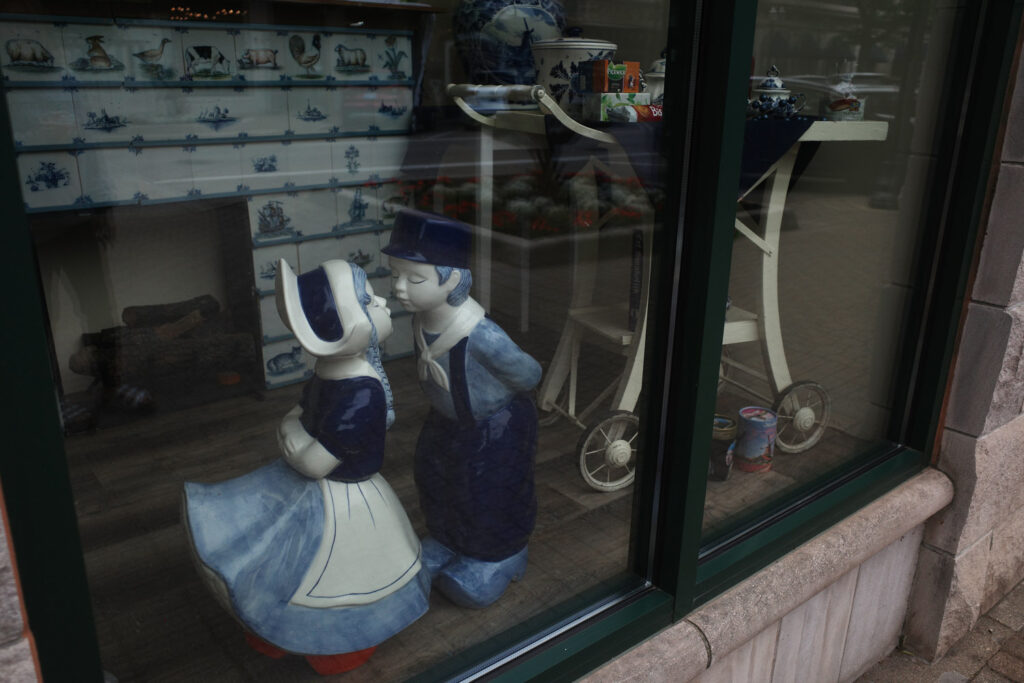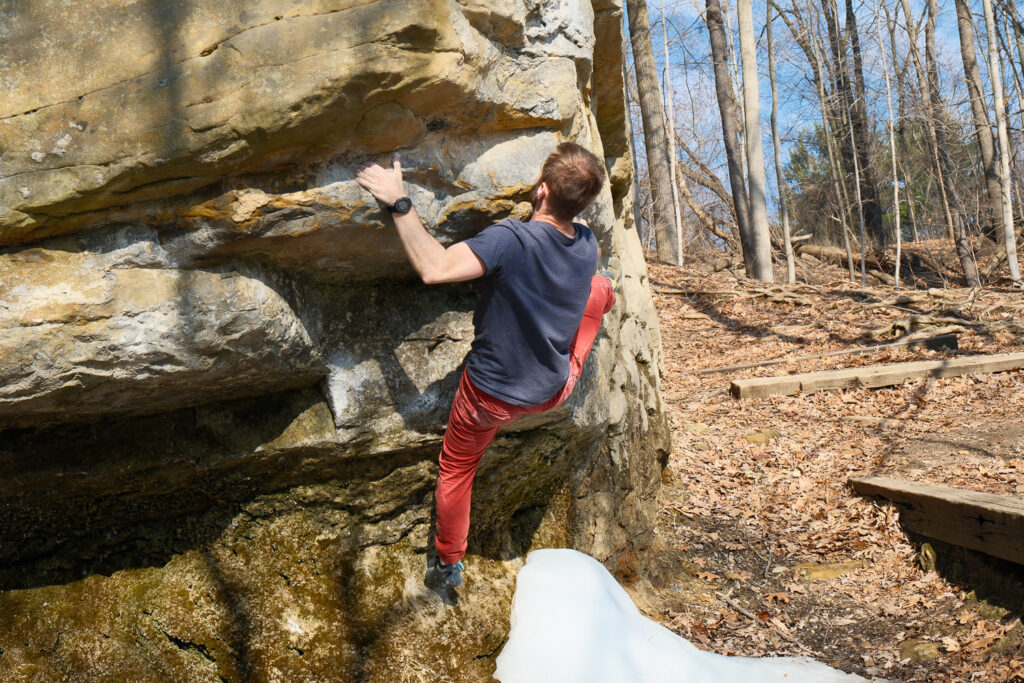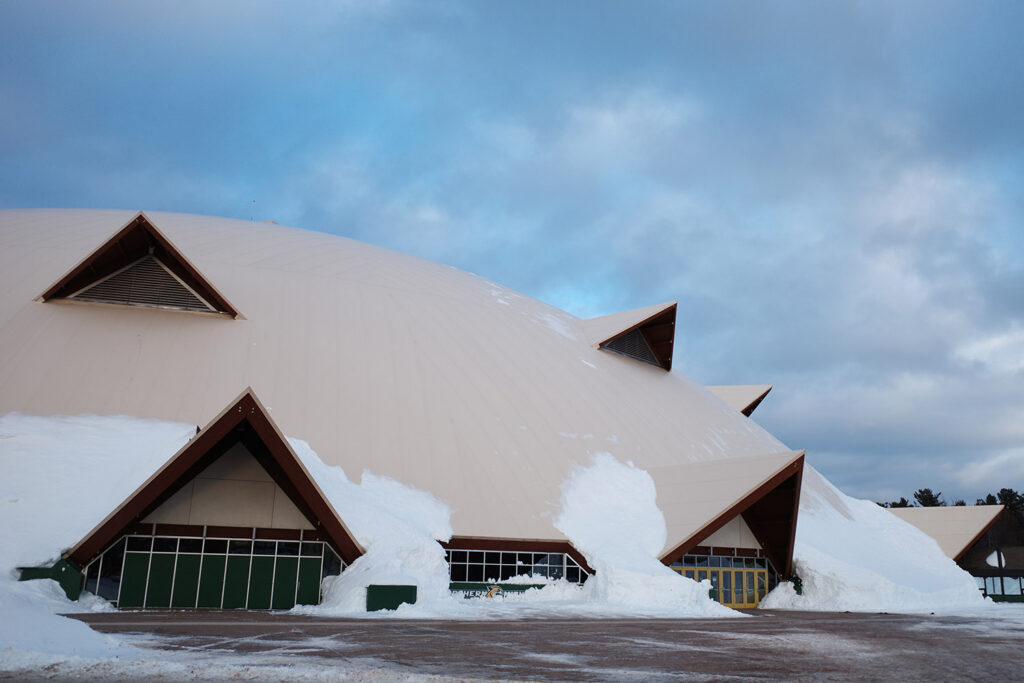Holland — Michiganders don’t need to buy a plane ticket to visit the Netherlands. It’s only a three-hour drive from Detroit to Holland, the epicenter of campy Dutch culture in West Michigan.
Dutch influence here dates back to the mid-19th century, when Dutch settlers migrated to West Michigan and started their colony, appropriately named Holland. As late as the 1990s, the conglomeration of Allegan, Kalamazoo, Kent, Muskegon, and Ottawa counties boasted 30% of America’s Dutch population, the largest such settlement in the country.
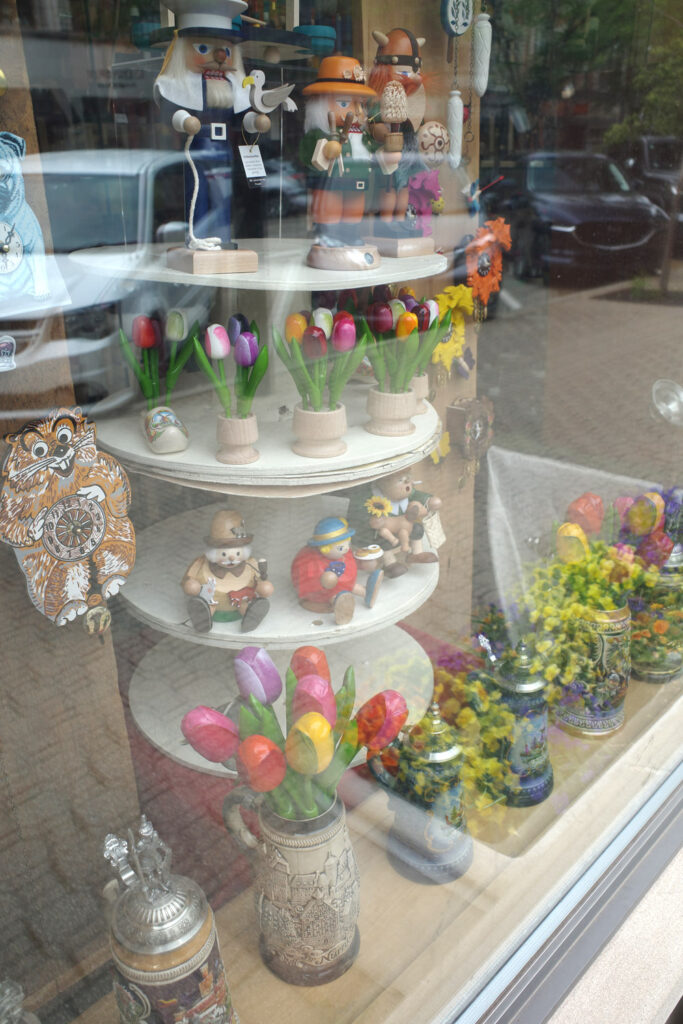
Today, if you know what you’re looking for, Dutch roots are everywhere around here. The Christian Reformed Church, a popular denomination among Dutch Americans, for example, has its headquarters on the East Beltline. Popular Dutch last names begin with “Van” or “De.” It’s likely West Michigan locals can name more than one acquaintance with one of the five most common Dutch surnames here—DeVries, Dykstra, Van Dyke, Mulder, and Vandenburg.
While surnames and abnormally tall blonde people can be found across West Michigan, the city of Holland remains a pillar of idealized Dutch culture.
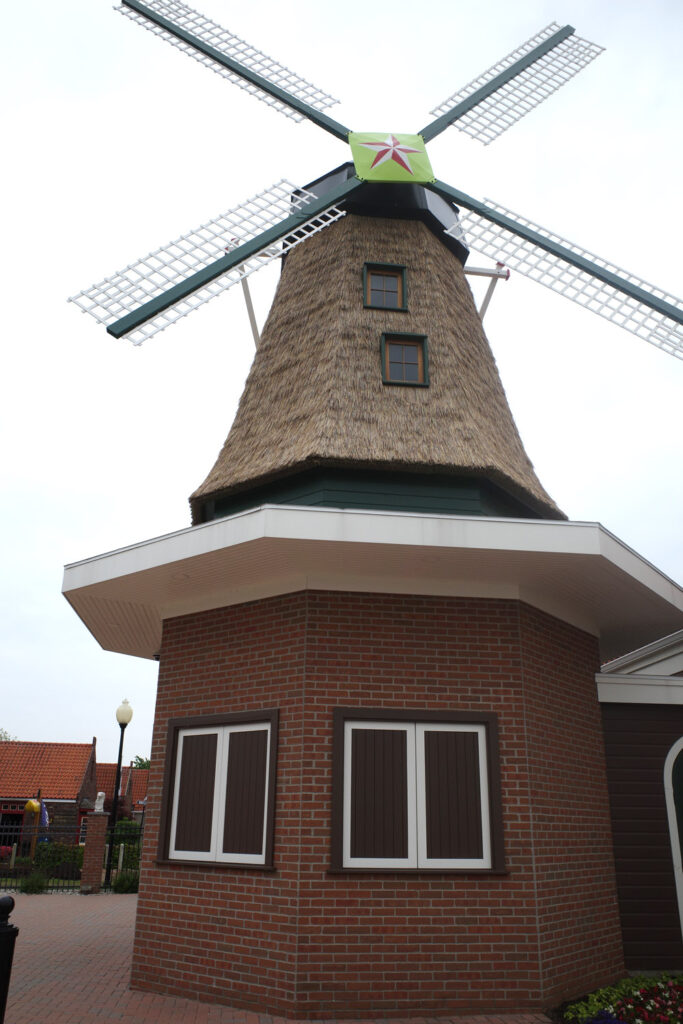
Arguably, when Tulip Time is out of season, the star of the show is Nelis’ Dutch Village—a Netherlands-themed park just outside of town. Started by a native Dutch family that immigrated to the U.S. before World War I, the Nelis family eventually landed in Holland after hearing about the Dutch community there.
What started as a tulip farm turned into a retail location for tulip bulbs and souvenirs and evolved into the Dutch Village in the late 1950s. The Nelis family celebrated 100 years of operation in 2022, and the village continues to thrive for tourists and locals alike.
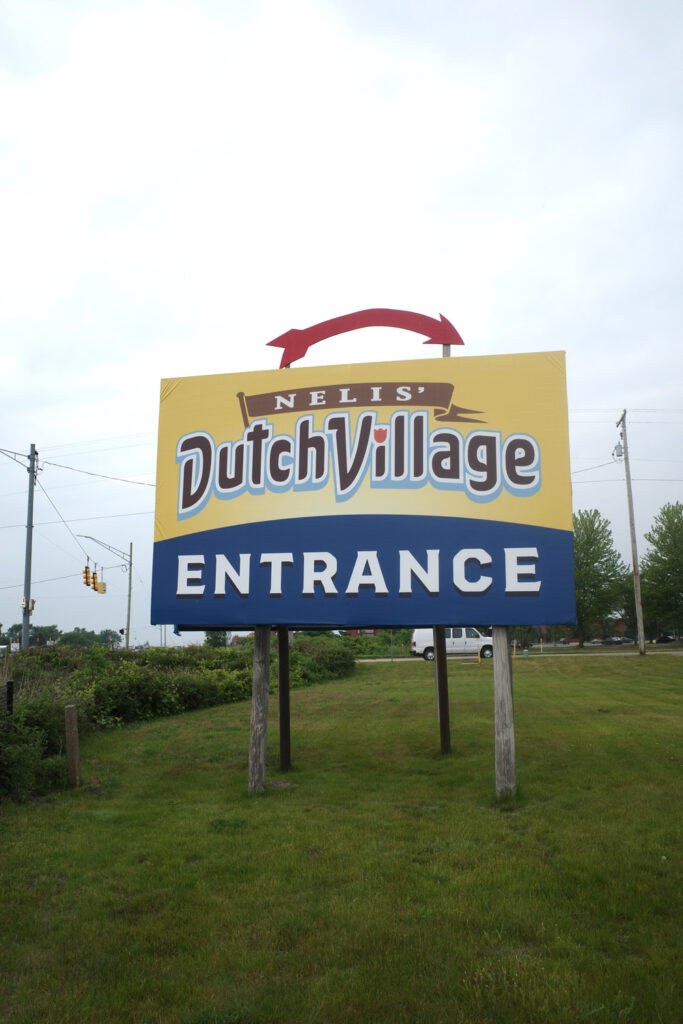
More than 30 buildings are inside the park, “representing the different provinces in the Netherlands,” according to the attraction’s website.
Attractions at the park resemble traditional rides, but with a Dutch twist. “Tractor Time” is bumper cars that look like tractors, reminiscent of the tractors used during Tulip Time. “Zweefmolen” is a Dutch chair swing ride, and the classic carousel is called “Draaimolen” in Dutch.
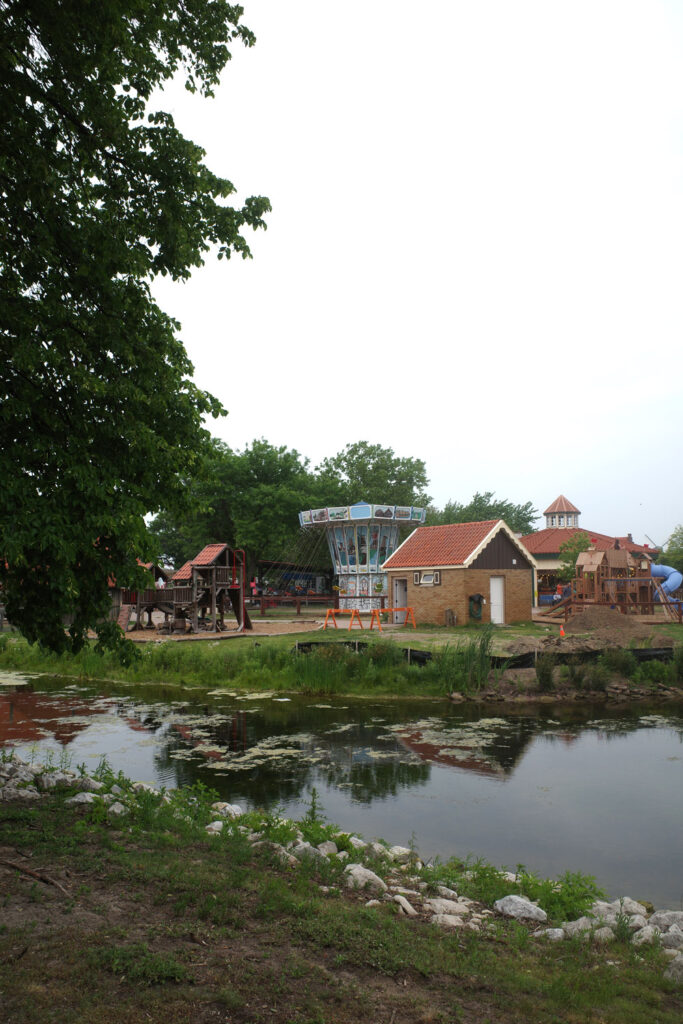
Visitors who are looking to fully immerse themselves in Dutch culture can eat at the park’s cafe and indulge in traditional Dutch food like metworst, erwtensoep, saucijzenbroodjes, and banket—Dutch sausage, split pea soup, sausage roll, and almond pastry.
For those looking for a restaurant with Dutch roots but some more Americanized fare, hit up Russ’ down the road, an iconic after-church spot that every West Michigan protestant has been to at least once.
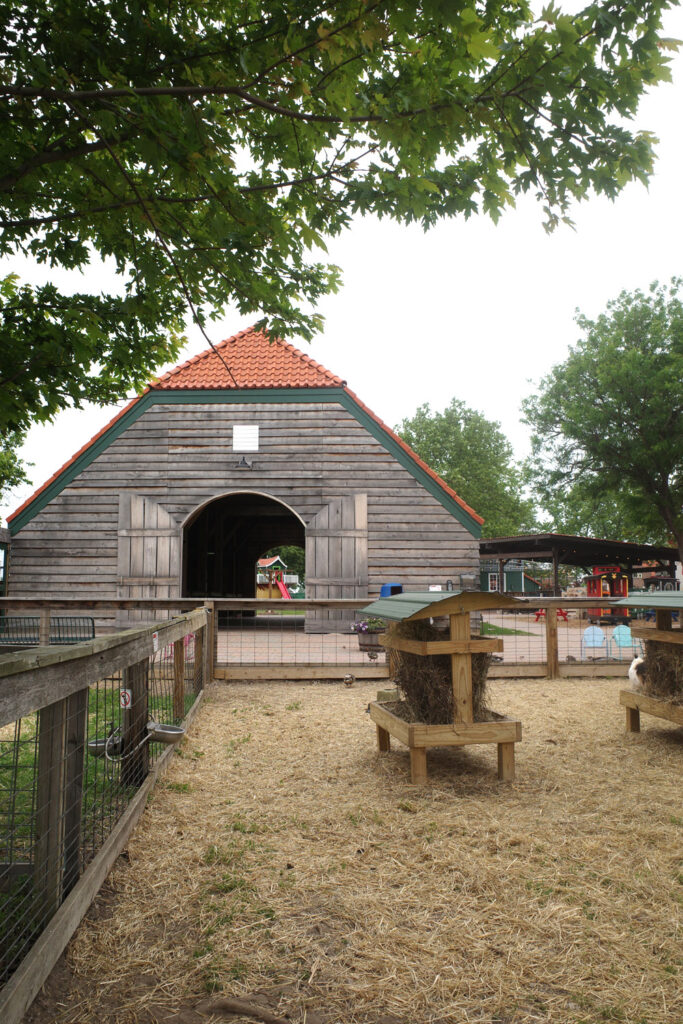
Past Russ’ is downtown Holland. There is no shortage of tourist souvenir shops, windows filled with wooden tulips and shoes. Signage downtown boasts tulips, and the cobblestone one-way streets add to the European charm. Don’t make the mistake of traveling downtown on Sunday—many stores shut down to keep Sabbath.
One thing Holland forgot about Dutch people: They’re cheap. Ritzy restaurants and boutiques line the streets, and while that’s fun for the avid shopper or tourist, they fail to match the Dutch tradition of frugality. Even Nelis’ Dutch Village charges $19 a ticket, and while that’s probably necessary to maintain the park, it sends a chill down a true Dutchman’s spine.
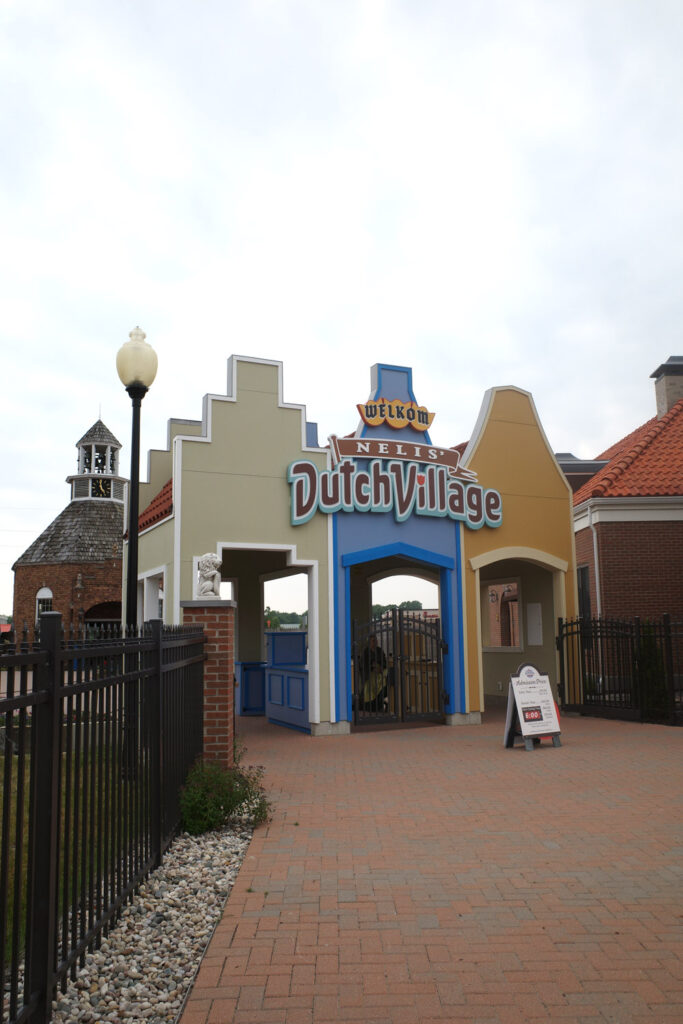
The popular maxim in West Michigan, “if ya ain’t Dutch, ya ain’t much,” is well known and well used—and it echoes louder than church bells on Sunday.
Kamden Mulder is a reporting fellow for Michigan Enjoyer.
